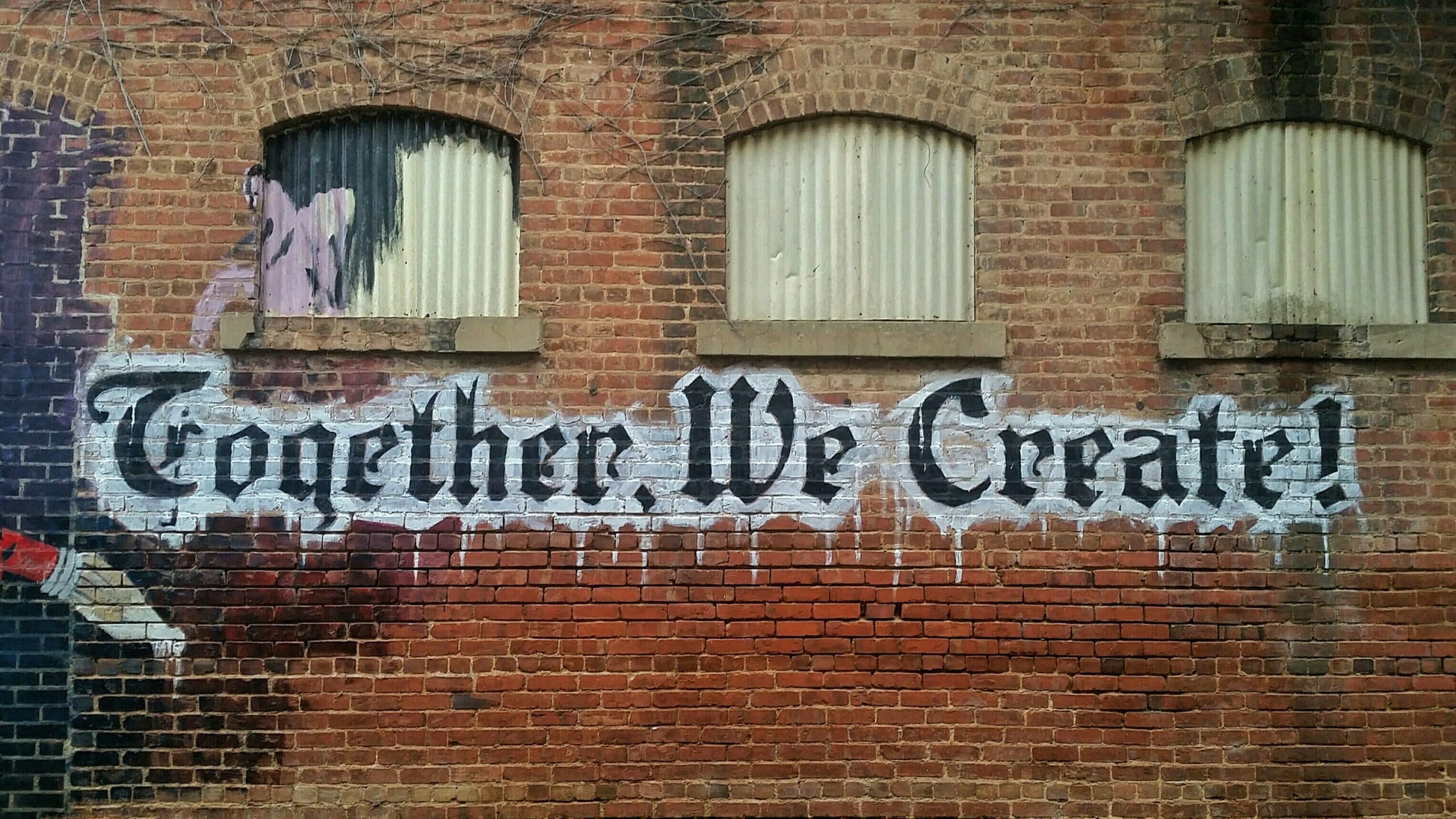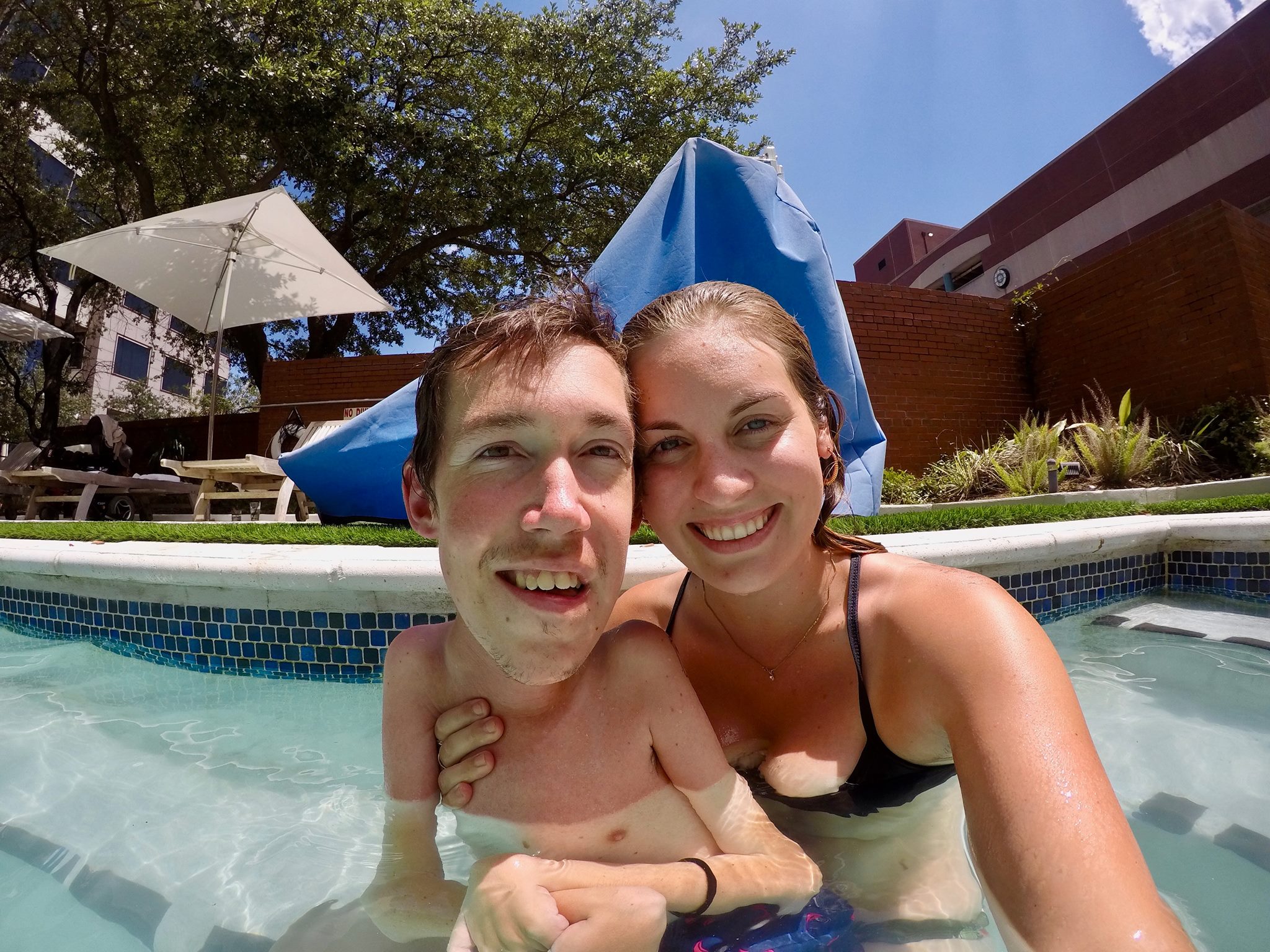
Let’s innovate: three cool things happening in disability
Cue the confetti and cake. Zolgensma has been approved by the FDA!
By Tristram Peters
To the uninitiated, Zolgensma wouldn’t mean much at all. The word Zolgensma looks like someone’s throwing down tiles in a brazen attempt to top score at Scrabble. But for myself and others with Spinal Muscular Atrophy Type 2 it’s a Very Big Deal. It’s a potential cure.
Zolgensma, a gene therapy, replaces the survival motor neuron (SMN1) gene, which is missing or mutated (looking at you X-Men mutants) in folks like me. This gene provides the building blocks for life, giving the muscles their oomph.
But we missed the fine print: the therapy is only suitable for people newly diagnosed. You see, the effects of SMA can’t be reversed for someone my age. Not by Zolgensma at least. Its curative powers lie in early use, before symptoms take full effect.
Although a rollercoaster, I’ll admit that I’m okay with the news. I’d love to be cured, but I’ve accepted my lot, and the thought that newborns will have this therapy is beautiful enough. Without a doubt, it’ll save thousands and thousands of lives.
I’m also okay with the news because, well, the world is forever innovating. On the daily, people are inventing and brainstorming ways that make society more and more accessible. They’re also normalising disability. Let’s take a quick gander…

1. Disability, Dating & Sex
One of the big things changing within society is also the healthy discussion around people with disability, relationships, and sexuality. I mean, why it took so long, I’ll never know. But more innovators are working in this area than ever before.
Organisations like Northcott offer sexuality and relationship education. This includes counselling, expos, and helping people march at Sydney Gay and Lesbian Mardi Gras. Northcott Innovation also works to find needs and gaps in the sex toy market for people with disability.
More than anything, the innovators in this space are the ones who continually normalise disability, showing that we have the same desires and wants as everyone else. For instance,Squirmy and Grubs are brilliant at capturing what dating someone with a disability entails.
Annoyingly, society does kick back. Squirmy and Grubs (real names: Shane and Hannah) are often the victims of internet trolls, who believe that there must be an ulterior motive for Hannah’s love of Shane. There’s not; changing society’s perception just takes time sometimes.
And hell, they’re engaged now. Take that, internet trolls.
2. Make-A-Thon Innovations
I don’t know what I’d do without my powerchair, but these days, powerchairs are merely the beginning of the mind-wrinkling assistive technologies that are being introduced to the market. The people behind these technologies are the real MVPs of the world.
Take a look at TOM. Not a bloke, but an acronym for ‘Tikkun Olam Makers’. It’s a global movement that ‘creates and disseminates affordable solutions’ to common problems faced by people with disabilities and others. They partly do this by running ‘make-a-thon’ style events.
Basically, people with disabilities submit everyday problems that they would like solved. They’re linked with a team of ‘makers’ (engineers, designers, developers, and occupational therapists) who then solve that problem.
Some of the solutions they’ve created included an adjustable guide-dog harness, crutches that can be turned into a chair, portable ramps, and a device (made of pulleys and ropes) that allows someone with a disability to independently dress themselves. Genius!
With these make-a-thons becoming more and more common, we’re also seeing major corporations enter the game, in order to make their services more accessible to people with disability. Microsoft is one such big-name player.
Spurred on by a community of gamers who had been modifying existing controllers for years, Microsoft last September released an adaptive controller for its Xbox One. Now, people with disability can play freely with their peers. Take it away, Zach Anner:
We teamed up with creator Zach Anner to show how the Xbox Adaptive Controller makes gaming more accessible for those with limited mobility. https://t.co/y2LfI3h5Zs pic.twitter.com/q6JWxMpcTs
— Xbox (@Xbox) September 4, 2018
3. Housing and Supported Living
With assistive technology affording people greater independence, many things are becoming more easily achievable. For me, innovation means that I can begin looking at moving out of home and living independently, even at the grand ol’ age of 28.
For your disability housing needs, check out sites like The Housing Hub. It’s got vacancies in New South Wales, Queensland, and Victoria, including existing Specialist Disability Accommodation (SDA) properties, private rental, properties for sale, and more.
We also need to give a shout-out all the amazing organisations (again, read: innovators) working in this space, fromYoungcare to the hand-in-hand Summer Foundation andSummer Housing. For the latter, apartment features include access to a ‘concierge’ support service!
Much of this fits within SDA, which is funded by the National Disability Insurance Agency (NDIA). Basically, it refers to accommodation for people who require specialist housing. If you require specialist accommodation, it’s worth investigating.
With such a focus on independent living, it’s also great to see companies like IKEA get in on the act. IKEA Israel’s ThisAbles project offers simple furniture hacks that people can download and 3D-print; these hacks include easier-to-grab handles and bigger light switches. Nice one, society.
What else can we innovate?
Making the world a more accessible place just takes a small bit of innovation. By engaging the makers and linking them with people with disabilities (aka TOM), we can find solutions to problems we previously thought unsolvable.
I might not have a cure, nor might I ever, but society is steadily evolving. We’ve just got to continue finding the innovators, makers and people who normalise disability.